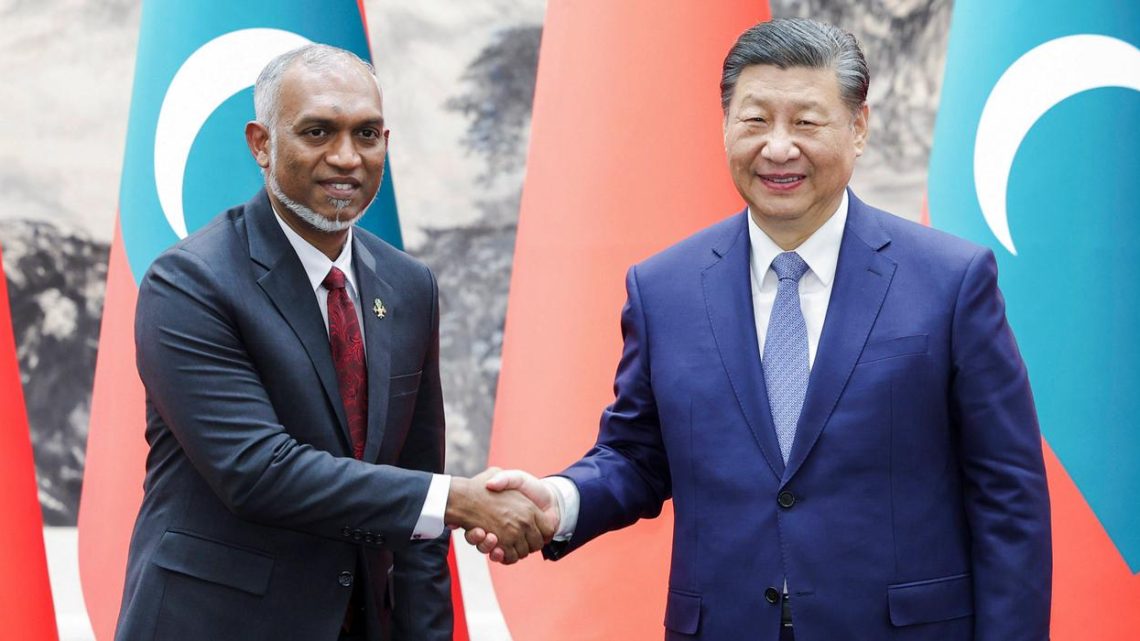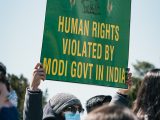
Maldives Elections: Landslide Victory for Anti-India, Pro-China Party Marks Shift in Regional Dynamics
April 26, 2024In a seismic shift in the geopolitical landscape of the Indian Ocean, the People’s National Congress (PNC), led by President Mohamed Muizzu, clinched a resounding victory in the Maldives parliamentary elections held on April 21, 2024. Securing a commanding super-majority with 66 out of 93 seats, Muizzu’s party has underscored its commitment to a pro-China stance and a clear departure from the Maldives’ historical ties with India.
The Pro-China Party’s landslide victory signals strong public support for President Muizzu’s agenda, particularly his efforts to reduce India’s influence in the Maldives. The “India out” campaign, championed by Muizzu, resonated with voters, reflecting a desire for greater autonomy in foreign policy decisions.
The election outcome marks a notable shift in the Maldives’ foreign policy towards closer alignment with China. President Muizzu’s administration has prioritized enhancing economic ties with China, including through infrastructure projects and potential debt restructuring, signaling a significant departure from the Maldives’ traditional reliance on India.
The Maldives’ strategic location in the Indian Ocean renders it a pivotal player in regional geopolitics. The election results could potentially alter power dynamics in the region, particularly amidst China’s expanding influence and India’s concerns over its traditional sphere of influence.
With a super-majority in parliament, Muizzu’s party now holds the power to enact significant constitutional amendments. This includes potential reforms to key institutions such as the judiciary, which could have profound implications for governance and democratic norms in the Maldives.
Muizzu’s victory and his “India out” campaign signal a deterioration in relations between the Maldives and India. The decision to expel Indian military personnel underscores growing friction between the two countries, with potential ramifications for bilateral cooperation and regional stability.
The overwhelming victory of the PNC sends a clear message to India and the broader international community. Maldivian voters have prioritized sovereignty and an independent foreign policy, rejecting perceived Indian hegemony. This underscores the importance of diplomatic engagement and mutual respect in fostering regional stability and cooperation.
To conclude, the Maldives parliamentary elections have not only solidified President Muizzu’s grip on power but have also reshaped the geopolitical landscape of the Indian Ocean. As the Maldives pivots towards closer ties with China, the implications for regional dynamics and India’s strategic interests are profound, emphasizing the need for adept diplomacy and respectful engagement to navigate evolving power dynamics in the region.

